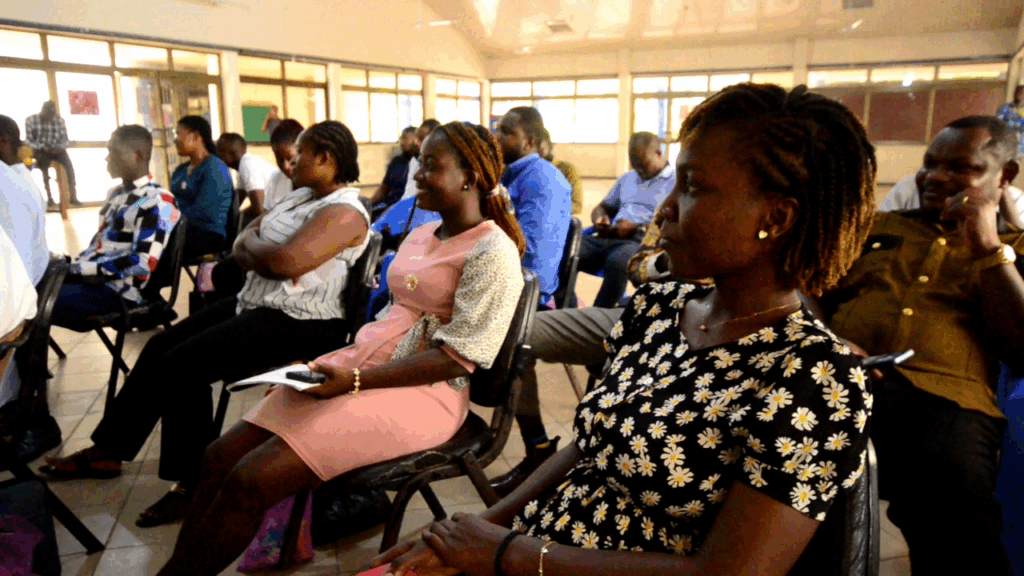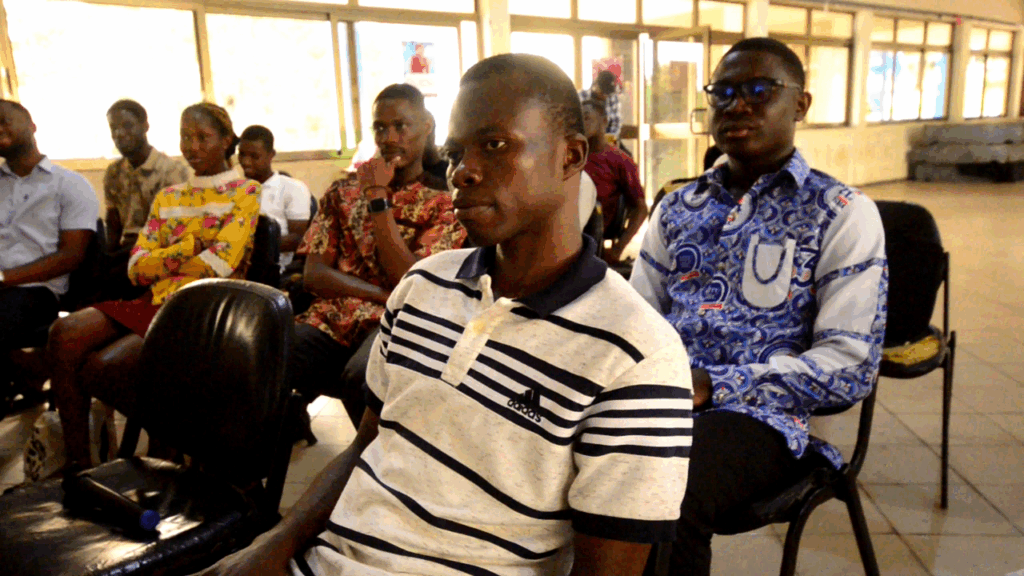Ghana’s recurring economic crisis has been attributed, in part, to unguarded spending during election years by a coalition of civil society organizations known as the Economic Governance Platform.
The platform has raised concerns that incumbent political parties tend to disregard economic cautions and engage in reckless spending to secure votes, ultimately leading the economy into turmoil and accumulating debt for the country.
During an engagement event organized by the Economic Governance Platform to educate the youth on Ghana’s economic challenges, debt issues, and related topics, Coordinator Abdul Karim Mohammed emphasized that reports from the International Monetary Fund (IMF) have highlighted the tendency of successive governments to ignore economic recovery conditions and prioritize electioneering activities.
Mohammed stated, “It has become a cycle of falling into a debt trap. We seek IMF bailouts to stabilize the economy, only to repeat the cycle of reckless spending during election years, leading to another debt crisis.”
He further highlighted the trend of overspending on election-related activities, deviating from economic caution and jeopardizing the country’s financial stability. Mohammed stressed the urgent need for leaders to break this cycle of debt accumulation driven by political expediency.

He also pointed out the lack of transparency and proper management of the country’s debt, with successive governments determining debt allocation without clear guidelines. This has resulted in Ghana exceeding the recommended debt-to-GDP ratio limit, indicating a concerning level of debt burden.
The “Sustainable Debt Management in Ghana” report published by the Economic Governance Platform outlines various internal factors contributing to Ghana’s reliance on international creditors for financial assistance.

Mohammed also emphasized the need for improved legislative oversight on loan approvals, highlighting the importance of thorough scrutiny by parliament to prevent mismanagement of funds and redirecting resources from development projects to debt servicing.
Addressing these issues and breaking the cycle of debt accumulation driven by election spending is crucial for Ghana’s economic stability and sustainable development, as highlighted by the Economic Governance Platform.
DISCLAIMER: The Views, Comments, Opinions, Contributions, and Statements made by Readers and Contributors on this platform do not necessarily represent the views or policy of Multimedia Group Limited.








